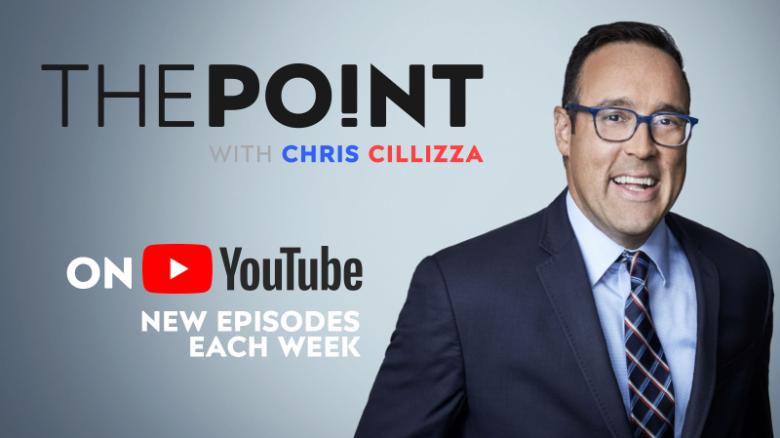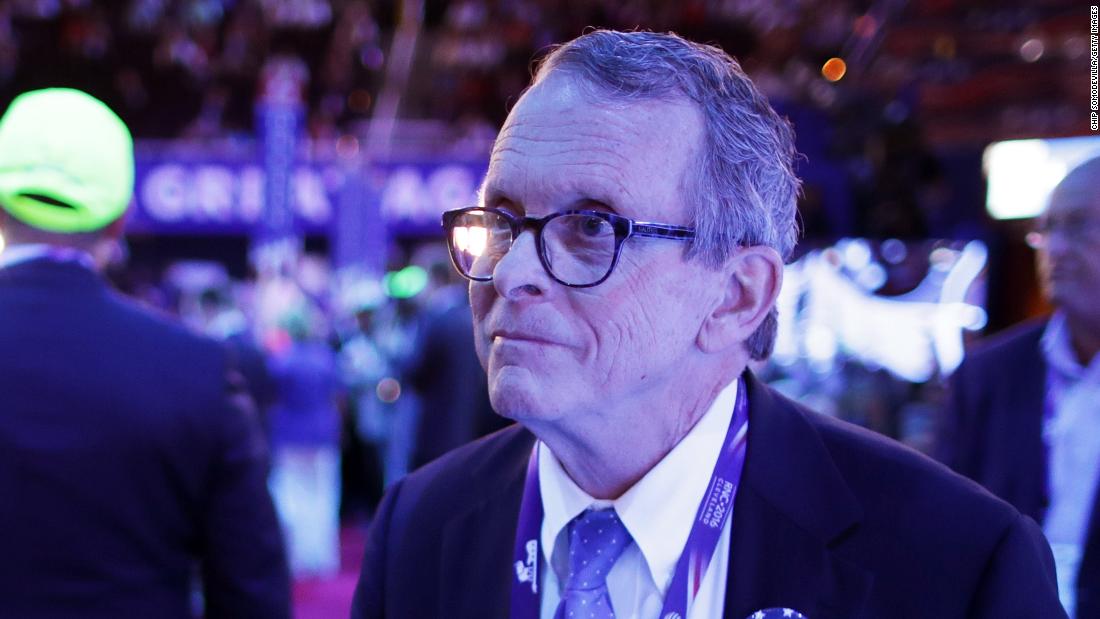Analysis: Some Ohio Republicans are trying to impeach the state’s GOP governor over coronavirus
In short: if there was a governor you would think would be immune from an impeachment attempt, it would be DeWine.
Or not.
State Rep. John Becker, the leader of the impeachment effort, insisted to the Plain-Dealer that he was not simply trying to score political points or draw media attention with the impeachment gambit. “If this was (about) a matter of principle and people hearing my voice, I’d send out a letter to the editor, or maybe a House resolution,” he said. “No — impeachment is the intention.”
But whether DeWine actually has to worry about being impeached — he doesn’t — is sort of beside the point here. What matters is that DeWine’s handling of the ongoing coronavirus pandemic, which has won him plaudits from coast to coast, has so angered a part of the Republican base in his state that a trio of lawmakers from his own party have decided to try to do something about it.
Taken together, what these episodes highlight is how President Donald Trump — and the ways in which he has politicized public health matters like mask-wearing and social distancing — are influencing the way that some (many?) Republicans think.

THE POINT — NOW ON YOUTUBE!
In each episode of his weekly YouTube show, Chris Cillizza will delve a little deeper into the surreal world of politics. Click to subscribe!
Trump rode to office on voter revulsion with the so-called “establishment” of both parties; his campaign was as much about tearing down the status quo within the Republican Party as in the Democratic Party. And even when he got into the White House, Trump kept up that outsider thinking — promulgating a series of ill-defined conspiracy theories that all suggested the establishment — or, in Trump’s words, the “deep state” — were out to get him and all those who think like him.
It’s no wonder, then, that as the coronavirus pandemic brought America to its knees — economically and socially — over the spring and now well into the summer — that many Republicans, particularly those who most closely identify with Trump, view attempts by their state governments to slow the spread of the disease with deep suspicion.
Suspicion is an insidious monster; once unleashed, it’s hard to contain; it seeps into every nook and cranny of your consciousness. And so you start to see mask-wearing not as a proven (and medically sound) way to slow the spread of Covid-19 but as an unnecessary imposition on your rights. And closures/limitations on restaurants and bars as the government meddling in the private sector.
What all of this fails to acknowledge is that the challenges posed by the coronavirus are unlike any we — or our politicians — have faced in more than a century. These are unique times and the same old conspiracy-driven thinking not only doesn’t apply but makes government efforts to get the virus under control that much more difficult.
![]()


